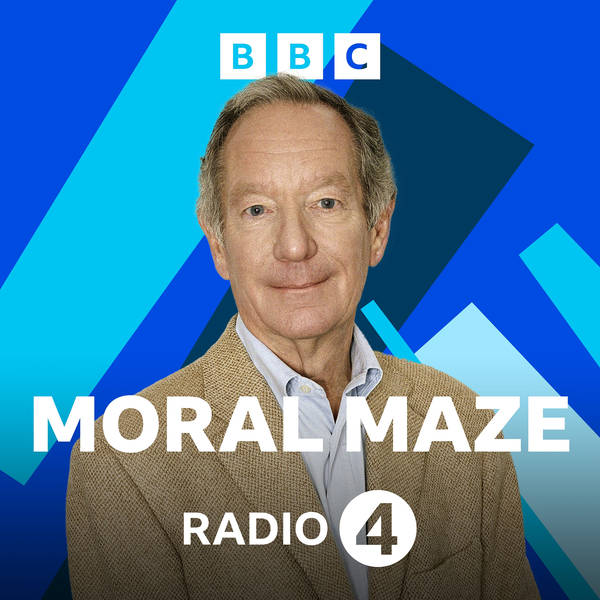
Romantic Love
As restaurant prices double for the day and the world turns pink and fluffy, it's easy to be cynical about February 14th. Romance is a marketable commodity, partly because most of us grow up convinced that our most important aim in life should be to find true love, believing that the perfect partner is out there waiting, if only we can identify him or her, and then it will be hearts and flowers all the way to the grave. You don't have to be starry-eyed to argue that this vision of romantic love is a good thing; it holds families together, it inspires hard work and virtuous behaviour - and it affects the chemistry of the brain in a way that is similar, it seems, to cocaine. There is an alternative point of view; romantic love was invented a mere five hundred years ago and has been a nuisance ever since. In this view, a couple's aspiration to remain together and faithful until death do them part (which gets more ambitious as people tend to live for so much longer) is an unrealistic ideal; it under-values both shorter-term and less exclusive relationships, and it causes unnecessary family breakdowns over infidelities that ought to be forgiven - if not indeed permitted. Is Saint Valentine the harbinger of human happiness - or the devil in disguise? Witnesses are Katie Fforde, Prof Simon May, Dr Julia Carter and Andrew G Marshall.
